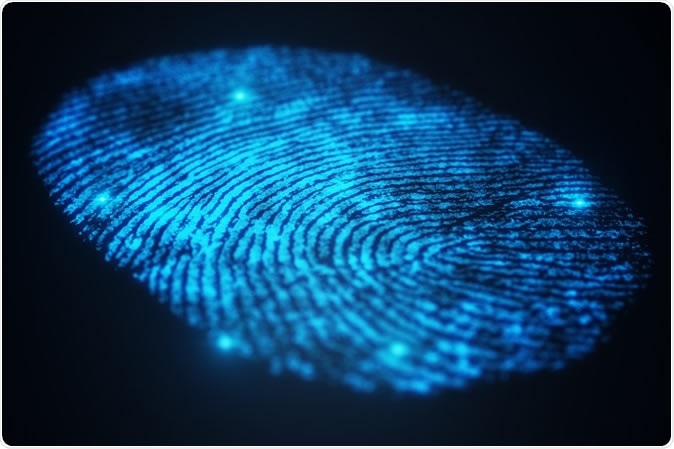Cocaine is a powerful and addictive stimulant made from coca plant leaves, which is native to South America. In the past urine and saliva tests are used to detect cocaine use. Now, a new fingerprint test can detect whether people have taken the drug or just handled it.
A team of researchers at the University of Surrey has used a new technology known as high-resolution mass spectrometry, which can detect drug and metabolite traces in sweat collected from fingerprints. The new approach can detect the traces of cocaine on human skin, even after the person has washed his hands. Further, it’s smart enough to tell if the person has taken the drug or just touched it.
Published in the journal Scientific Reports, the team conducted experiments to test if it’s possible to perform drug testing painlessly and precisely using a single fingerprint sample. The test may help in identifying users without the need for a blood, saliva, or urine sample.

The fingerprint test
The researchers gathered fingerprints from participants who sought treatment at drug rehabilitation clinics, who had reported cocaine use in the past 24 hours. Fingerprints were collected and the team asked the participants to wash their hands with soap and water. Another fingerprint test was done to get samples from drug non-users who touched cocaine.
The new test can be used to see if a person has taken the drug or just touched it. The test picks up on benzoylecgonine, a molecule that the body excretes through the skin when a person ingested cocaine. It’s also found in street cocaine.
The test involves having the person press his finger on a specialized paper for about ten seconds. The team analyzed the paper using mass spectrometry to see if there is cocaine or benzoylecgonine. Further, in the 86 samples, the fingerprinting technique was about 95 percent accurate and the team found that they were able to detect cocaine use up to 48 hours after ingestion or contact.
Unlike blood tests, cocaine use can be detected with the fingerprint analysis in less than two minutes.
“A fingerprint is a great way to test for drugs as it is so quick and efficient to collect. Using our methodology, it is possible to analyze a fingerprint sample for drugs in less than 2 minutes,” Dr. Min Jang, one of the study authors, said.
Faster and easier way to test cocaine use
The fingerprint test promises results in less than two minutes, saving time in testing cocaine use. The new method can be used in the future as a forensic tool to detect the presence of cocaine in fingerprints found in crime scenes, or by police officers in cases of drug driving.
Aside from illicit drugs, the team found they can also test for traces of other medicines.
“We are excited about the possibilities for fingerprint drug testing. In addition to illicit drugs, we have found that we can detect pharmaceutical drugs in fingerprints, and we are keen to see if we can use this to help patients to check that their medication is being delivered at the right dose,” Dr. Catia Costa from the University of Surrey explained.
A successful and commercially available fingerprint drug screening system uses lateral flow assay technology and fluorescence-labeled antibodies to detect traces of specific drugs in sweat on the skin. It’s already available, thanks to Intelligence Fingerprinting, which also provide fingerprint-based laboratory confirmation services using Liquid Chromatography Mass Spectrometry methods.
“This University of Surrey laboratory study into cocaine testing using experimental high-resolution mass spectrometry techniques validates the approach Intelligent Fingerprinting took when originally commercializing our portable fingerprint-based drug screening system for use at the point-of-care,” Professor David Russell, Founder and Chief Scientific Officer at Intelligent Fingerprinting said.
Because our commercially-available test detects both cocaine traces and benzoylecgonine—the major metabolite of cocaine—our customers have been successfully using fingerprint-based drug tests since the Summer of 2017 to determine whether cocaine has actually been taken,” he added.
Journal reference:
Jang, M., Costa, C., Bunch, J. et al. On the relevance of cocaine detection in a fingerprint. Sci Rep 10, 1974 (2020). https://doi.org/10.1038/s41598-020-58856-0